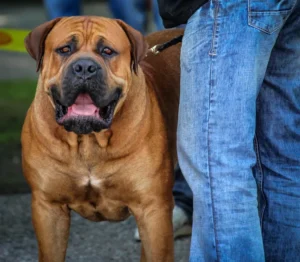
As soon as you notice weight loss in your bird, the very first thing you should do is make an appointment with an avian vet for a full checkup and evaluation as soon as possible. Weight loss in birds could indicate serious health issues; to protect their well-being and maintain optimal health conditions for your pet’s wellbeing, any significant weight change should be investigated thoroughly by an authorized veterinarian so as to rule out illness or disease1.1
Chances are, your veterinarian should be able to pinpoint a reason for your bird’s weight loss and suggest a course of action to get them back to a healthy condition. In such an instance, be sure to adhere to his/her advice as closely as possible; otherwise introducing larger quantities of some of their favorite foods might do the trick and stimulate appetite again.
Peanuts have long been recognized for providing both calories and fat to birds, which makes them an excellent weight gain food source. By increasing the number of peanuts in your bird’s diet, its fat consumption will increase, helping it gain weight by piling on more calories from this source. Just be careful not to overdo it – birds tend to be picky eaters; many choose only their favorites from among an abundance of food served to them even when provided a variety of choices such as pelleted diets plus fruits & veggies as the ideal weight gain solution2.
Another simple way you can help your bird gain weight is to provide extra sunflower seeds as part of its dinner or throughout the day as snacks. High in fat content and popular among various birds species, sunflower seeds should have no trouble being gobbled up by your pet!3 You shouldn’t encounter any issues getting it to eat them all up!
Millet spray is another highly caloric treat beloved among pet birds, providing extra calories that could help your bird gain weight. However, be wary about feeding too much millet since its lack of nutritional value could mean “empty calories.” To make the treat more nutritious you could add it into a recipe such as birdie bread; by doing this you ensure your bird receives all necessary vitamins and minerals.
Make an investment in a high-quality bird scale and maintain an accurate daily or weekly weight log of your feathered friend’s weight. Any time there is any deviation of at least an ounce either way from their normal weight, contact an avian vet immediately so as to ensure their diet remains on track; failure could have serious repercussions for their well-being.





